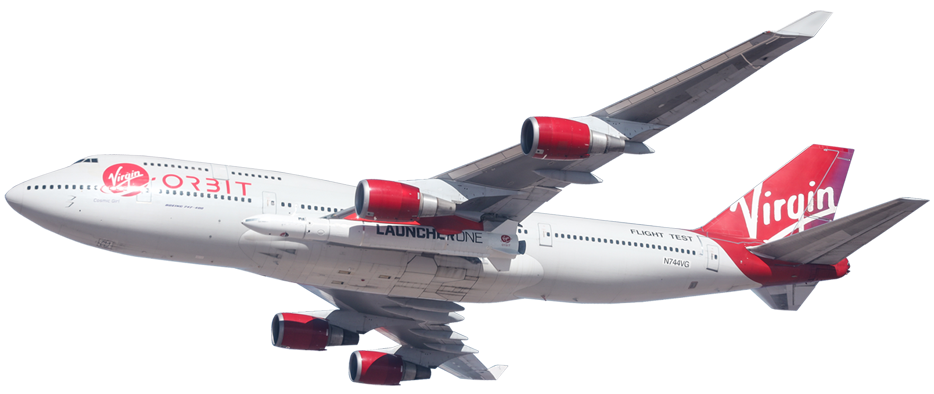Branson: Virgin Launch Of USAF Sat By End Of Year
Posted on
 AFA 2019: Virgin Orbit will launch a small satellite from Guam for the Air Force “in the next few months,” Virgin founder Sir Richard Branson said today.
AFA 2019: Virgin Orbit will launch a small satellite from Guam for the Air Force “in the next few months,” Virgin founder Sir Richard Branson said today.
Virgin Orbit is the unit of Branson’s sprawling corporate empire that intends to launch small satellites using a rocket carried by a 747 aircraft. The LauncherOne system sailed through its first drop test in July; the Guam launch would be the first Air Force launch for Virgin, via its US subsidiary VOX, under DoD’s Space Test Program.
Branson said Virgin hopes to have “six or eight” LauncherOne aircraft eventually on runways in the US, Canada, Britain and other European countries to be able to provide rapid launch and satellite resiliency for Western militaries. “Hopefully, it will be a deterrent to an enemy state, that is to not attack satellites in the first place,” Branson said.
LauncherOne Virgin Orbit garnered its first Air Force contract in 2017 via the Air Forces Defense Innovation Unit (then known as DIUx for Experimental.) The contract, using so-called Other Transaction Authority (OTA) money that allows the Air Force flexibility to work with non-traditional vendors, involves launching a series of small satellites for the DoD’s Space Test Program, managed by Air Force Space and Missile Center (SMC). At the same time, Virgin’s US subsidiary VOX, to better enable the company to contract with the US government.
Under the program’s Rapid Agile Launch Initiative, three smallsats were launched by Rocket Lab on an Electron launcher from New Zealand in May. In addition, SpaceX in June launched 25 smallsats for the Space Test Program in June.
VOX also was chosen in April by DARPA as one of three companies deemed worthy to compete in its DARPA Launch Challenge, along with Vector Launch (which is now on the verge of financial collapse) and a “stealth” company.
The DARPA Launch Challenge, initiated in April 2018, is designed to “fundamentally shift military space capabilities to enable on-demand, flexible, and responsive launch of small payloads” to Low Earth Orbit, according to an agency press release. The first phase award, announced on April 10, was given to the companies that met the challenge’s qualification requirements, including successfully garnering a Federal Aviation Authority (FAA) launch license. As a next step, DARPA in January or February 2020 will challenge the competitors to launch a payload to LEO within two weeks from one of eight predetermined sites, after receiving notice of the launch site only a few weeks prior and exact details on the payload and intended orbit just days before.
Mandy Vaugn, VOX president, told us back in April at Space Symposium 2019 that Virgin’s decision to choose Guam as its newest launch site was partly aimed at being able to undertake DoD launches. LauncherOne can carry a payload of 300 kilograms to 500 kilometers in a sun synchronous orbit, and 500 kilos to equatorial orbit, she said, noting that it turn around a launch within 24 hours from a large number of airfields around the globe.
Subscribe to our newsletter
Promotions, new products and sales. Directly to your inbox.
